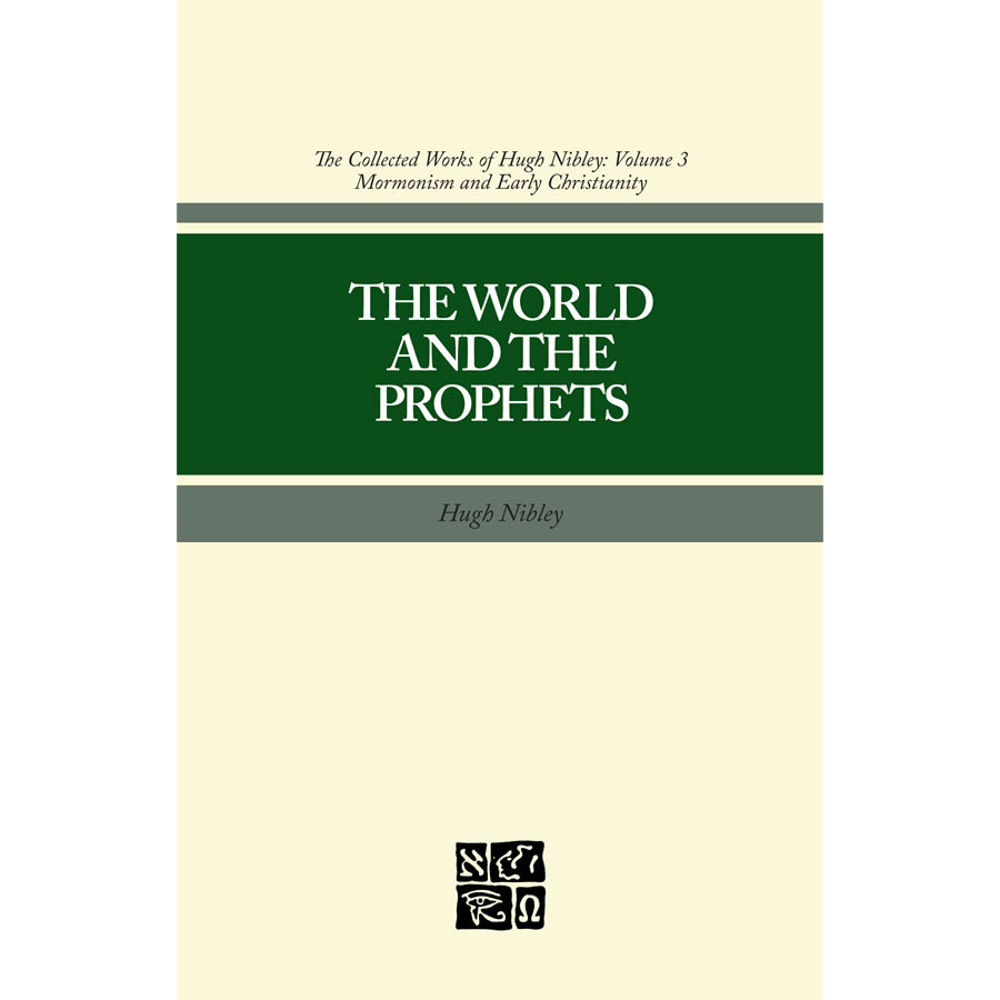In 1954, Hugh Nibley delivered a series of weekly lectures on KSL Radio. The series called "Time Vindicates the Prophets," was given in answer to those who were challenging the right of members of the Church of Jesus Christ of Latter-day Saints to call themselves Christians. Just as the Church's beliefs and institutions were under attack when these lectures were first given, so today's critics are again attacking the Latter-day Saints' conception of God, their claim to continuous revelation, their belief in Joseph Smith as a prophet of God, their acceptance of the Book of Mormon as a true record, and their insistence that The Church of Jesus Christ of Latter-day Saints is the true church of Jesus Christ. The answers given by professor Nibley then are a valid today as they are timely. Dr. Nibley writes: "We make no attempt to argue out the position of the Church... Here we are simply indicating briefly that for better or worse, the Mormons consistently find themselves in a company of ancient Saints and, accordingly far removed from the ways of conventional Christians... It is an historical, not a theological or philosophical, vindication of our prophets." But Professor Nibley does far more than point out identities of doctrines, practices, and institutions between Latter-day Saints and Christians. He also describes with great clarity how the Church changed from an organization with inspired prophets into a thoroughly different and alien institution built upon the learning of men. He shows how prophecy was replaced with self-induced mystical experience, and how the magical wonder-making of the pagans was substituted for the gifts of the spirit. The World and the Prophets demonstrates that the whole philosophical theological enterprise, however well intended, is incompatible with the existence of continuing revelation. As Joseph Smith wrote, "Persecutions may rage, mobs may continue, armies may assemble, calumny may defame," but there will always be an unbridgeable gap between the world and the prophets.


